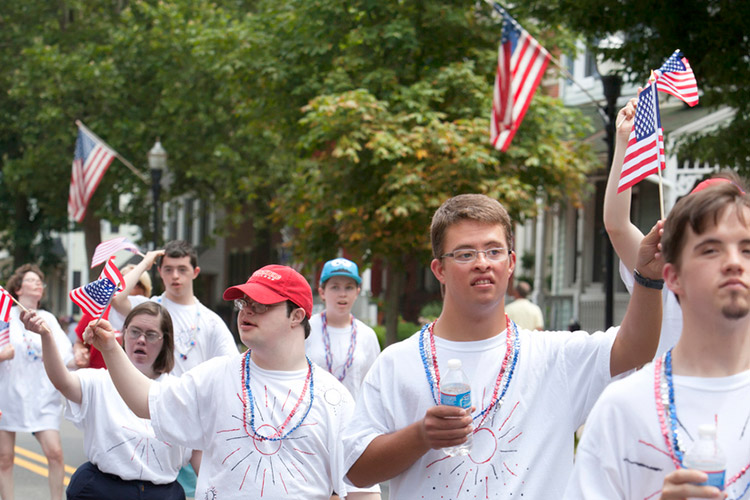Voting is our opportunity to participate in civic life and to have a voice in who represents us. It is one of our most fundamental rights as Americans, and it has never been as important as it is today.
If all individuals in the disability community were active voters, they would make up one of the largest and most influential voting blocs in the country. Unfortunately, many Americans with disabilities do not take part in the voting process. The reasons are many and varied, but one reason is that voting can be more difficult and less accessible to people with disabilities.
In 2020, 11 percent of voters with disabilities reported that they faced difficulties when casting their ballots.
Fortunately, several federal laws have been established over the years to ensure that Americans with disabilities have full and equal access to the voting process.
States may enact their own laws with respect to voting access. However, federal laws such as the Americans with Disabilities Act and the Help America Vote Act lay out strict national standards about voting accessibility. These laws ensure that no American is left out of the political process due to his or her disability.
Here are three basic and fundamental rights for voters with a disability.
You have the right to an accessible polling place
The Americans with Disabilities Act (ADA) requires that people with disabilities can physically access voting sites. This means polling places are required to take steps, as outlined by the ADA, to ensure the location is accessible for all voters who choose to vote in-person on election day.
Whether the polling place is located in a public building, a religious site, or anywhere else, the ADA website provides a standard checklist that helps election officials understand whether their site complies.
Additionally, the ADA requires officials conducting any election provide effective communication, auxiliary aids and services at every stage of the process, from registration through casting a ballot.
Furthermore, for federal elections, voting machines need to be accessible to people who are blind or visually impaired according to the Help America Vote Act of 2002 (HAVA). Poll workers must ensure the machines work and that election workers are fully trained on them.
You have the right to have someone assist you
Privacy in voting is fundamental, whether you have a disability or not. However, voters with a disability who require assistance at the polls are entitled to have an assistant in the voting booth, according to the Help America Vote Act of 2002.
All poll workers are required to honor this regulation, regardless of their state. If you run into questions or resistance when bringing someone with you to the ballot box (it does happen), mention the Help America Vote Act of 2002.
You have the right to vote absentee
People with disabilities can request an absentee ballot, an election choice that can make the difference between having a voice and being disenfranchised. All eligible voters have the right to request an absentee ballot so it’s not specifically for those with disabilities, however it can be a game changer.
According to standards outlined in the Americans with Disabilities Act and the National Voter Registration Act of 1993, voting materials including state websites, registration forms, and in-person and absentee ballots are required to meet strict national accessibility standards.
It is important that voters intending to vote absentee read up on specific rules and regulations in their state, including timing and options for returning absentee ballots. Check out this page on Vote.org to easily find absentee voting information for your state.
Voting is at the heart of who we are as Americans and no citizen should be left out of the process because of a disability. Whether you choose to vote absentee or in person on election day, we urge you to take part in the voting process.
As Americans, we have no greater civic right.

